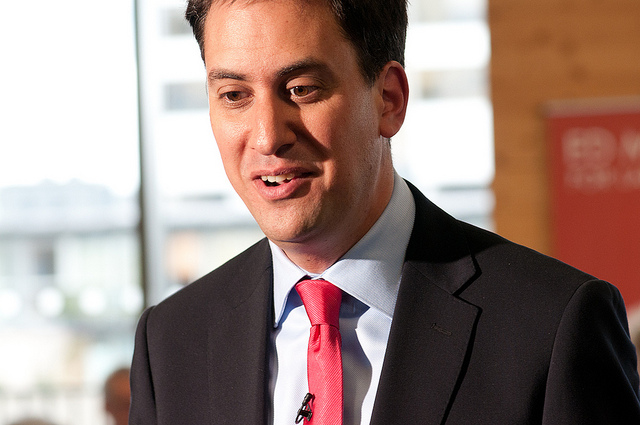In New York last week for the Clinton Global Initiative and United Nations Week, I attended a small dinner party late one night that featured film star Leonardo DiCaprio, billionaire philanthropist/investor George Soros, the President of the central African nation of Gabon and the Prime Minister of Papua New Guinea (PNG), among others. What brought this eclectic group together? The economics of climate change.
In sharp contrast to Valero, Tesoro, and the Koch brothers (of Koch Industries), who are spending millions to stop California from reducing carbon emissions across the state, these leaders see opportunity in modernizing a host of industries, reducing waste, and providing jobs for rural communities seeking to build a middle class in developing countries. DiCaprio and Soros are both investing money and time in the effort to avoid deforestation of rainforests, but realize that it can only be done if you simultaneously provide people in those areas with jobs that don’t depend on cutting down trees alone. Standing trees and ecosystem values from these forests can be worth far more over time than the short-term profits from treating them like an ATM.
Prime Minister Michael Somare of PNG and President Ali Ben Bongo of Gabon were two of the leaders whose countries stand most to gain – – or lose – – from the fate of rainforests and the global understanding that they can sequester vast amounts of carbon emissions. Each spoke eloquently about the need to protect natural resources to create a more sustainable future for their people and a planet that is rapidly running out of innumerable commodities, both economically and environmentally. Preserving these forests is a good place to start, not solely because they contain a large percentage of the globe’s biodiversity, but because they are the economic engines that will keep developing nations productively and peacefully engaged with the rest of the world.
So what opportunities do movie stars and mega-investors see in these forests? Carbon credits, eco-tourism, sustainable harvesting of plants and foods, and water storage, to name a few. Each of those industries can last for generations compared to cutting down the trees, polluting air and water, and literally running out of any economic drivers within one generation. The opportunity is obvious.
Critics like to dismiss carbon policy as tree-hugging at the expense of keeping people employed. In truth, hugging trees in many developing nations may be the only way to get people productively employed and give their kids a future. On a warm summer night in a bustling city far from anything resembling a jungle, the drums of change were loud and clear.


